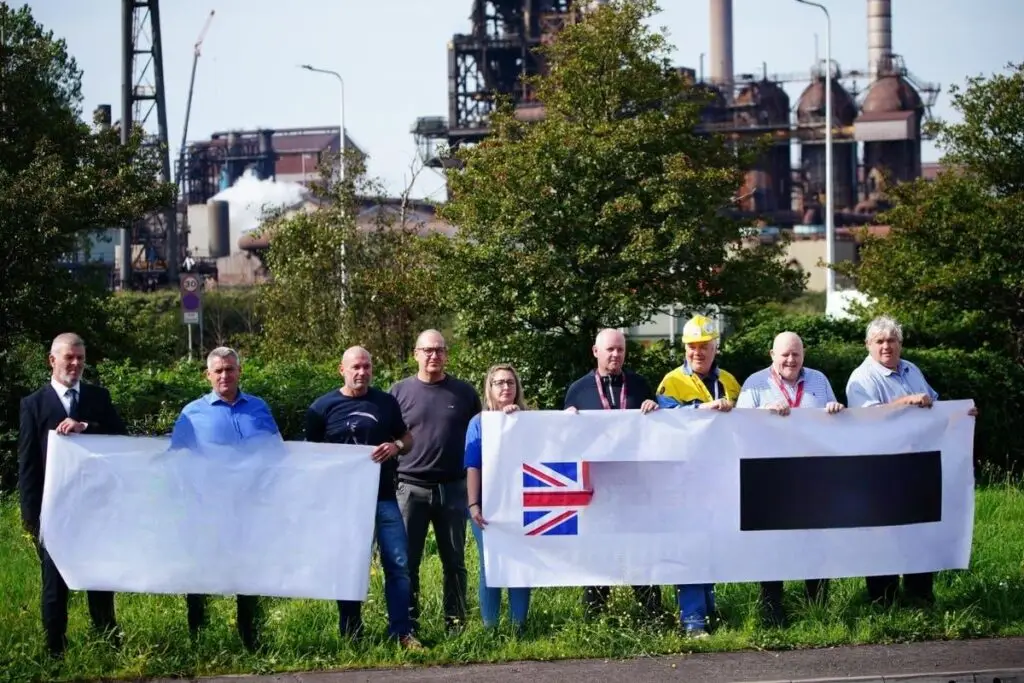As 2,500 jobs are slashed at the South Wales steelworks despite a £500m government green grant, the fate of Britain’s steel industry hangs in uncertainty.
James Moore delves into what’s become of this once-thriving sector, exploring the broader implications and the community’s resilience.
Challenges Remain
Even with the new arc furnace, challenges persist. “To ensure that their significant investment yields returns for our nation, government must now also deliver the right business environment. Steel businesses need competitive electricity prices, access to good quality steel scrap, and fair competition from international trade,” says UK Steel Director General Gareth Stace.
Energy prices remain a considerable hurdle. UK Steel’s analysis from September revealed that UK steel producers pay up to 50% more for energy compared to their French and German counterparts, adding £37m to the sector’s costs. The new greener arc furnace is expected to double the plant’s electricity consumption.
While the town anticipated these developments, the job losses still come as a bitter blow. The mood is sombre and fearful, reflecting the enormous impact on the community’s future.
The future of British steel, particularly in Port Talbot, remains uncertain as significant job losses loom despite the green initiatives.
The community faces a challenging transition as it grapples with economic and social upheavals, calling for strategic interventions and broader support.

